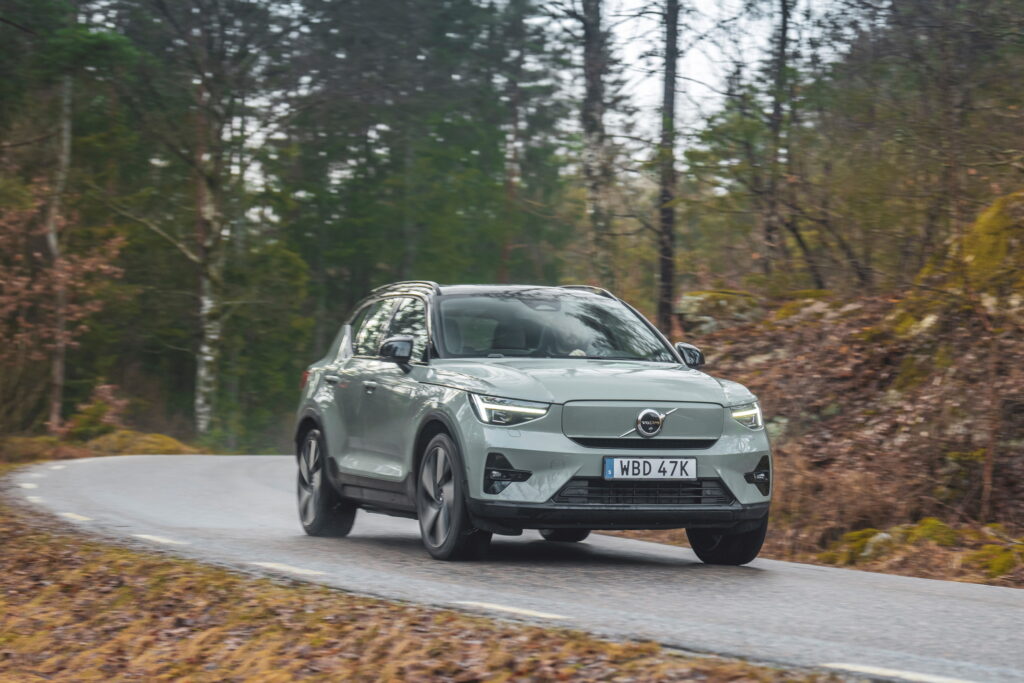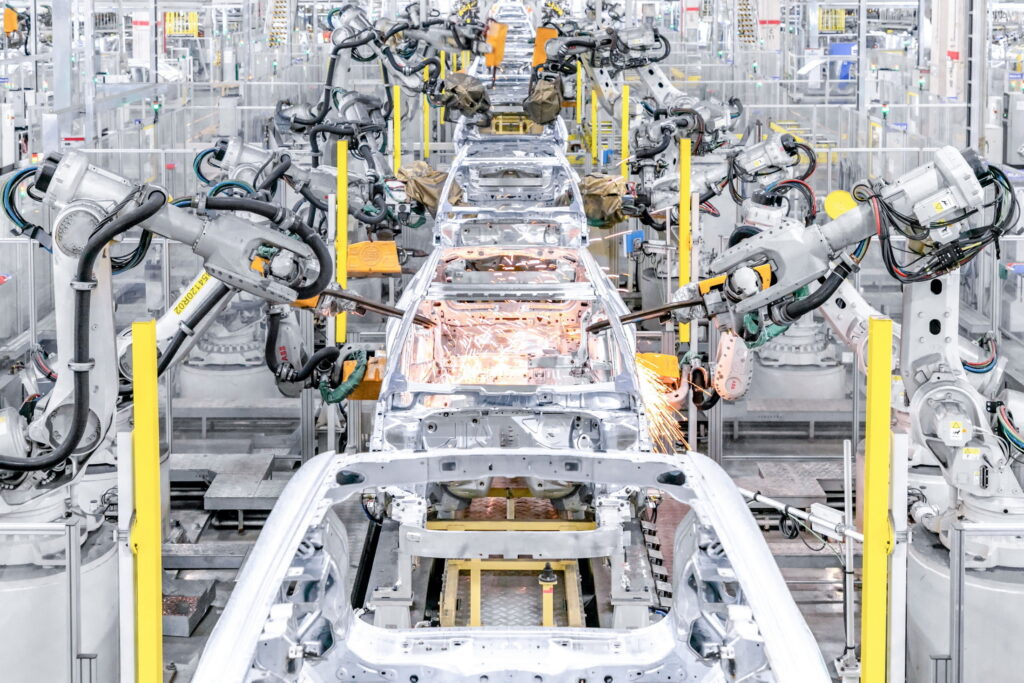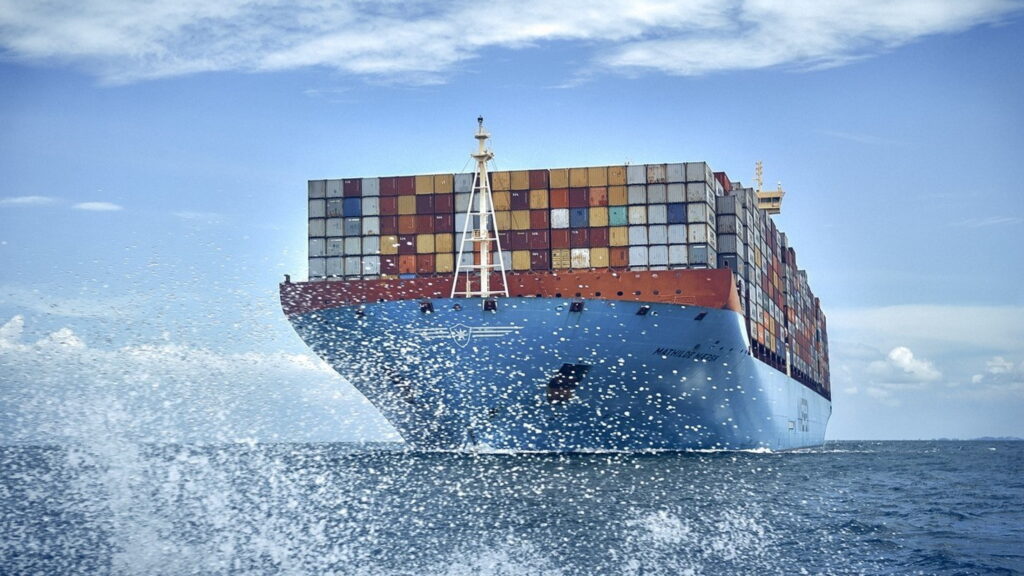Although private transportation is a major contributor to worldwide emissions, the ships that allow vehicles to be made are enormous polluters, too. That’s why Volvo is committed to switching from freighters that use traditional fuel, to those that use a renewable alternative.
The automaker announced today that it is the first to switch to the new renewable fuel for its maritime logistics, which it expects will help it save 55,000 tonnes of CO2 emissions per year, or 84 percent of what it emits due to fossil fuels. That’s equivalent to the lifetime emissions of 1,250 XC40 Recharges using the EU-28 electricity mix.
“Renewable fuel is not the end game for removing CO2 from the world’s ocean freight needs,” says Javier Varela, Volvo’s Chief Operating Officer and Deputy CEO. “Yet this initiative shows that we can act now and implement solutions that achieve significant results during the wait for long-term technological alternatives.”
Read: Volvo Vows To Go All-Electric, Not Sell Another ICE Vehicle After 2030

Volvo worked with its shipping partners to get them to use Fatty Acid Methyl Esters (FAME) in their ships. This mainly comes from waste cooking oil, and no feedstock related to palm oil or palm oil production will be used.
The fuel will be used on ships carrying production materials going to its plants in Europe and the Americas, but not China. It will also use the fuel in ships distributing spare parts all over the globe.
If the renewable fuel is not available for a specific shipment, the company’s allocation of the fuel will be used by a different ship, whether or not it is carrying Volvo cargo. By doing so, it will at least offset the fuel its ships used.
The latest measure introduced by the company, whose goal is to reduce the lifetime carbon footprint of its vehicles by 40 percent between 2018 and 2025, Volvo says that it hopes to inspire other automakers to follow suit.
“We don’t view this initiative as a competitive advantage,” Javier adds. “On the contrary, we want to spark other carmakers into action as well, to increase demand for carbon efficient ocean transports and to establish renewable fuels as a mid-term solution that works. We all have a responsibility to act.”









